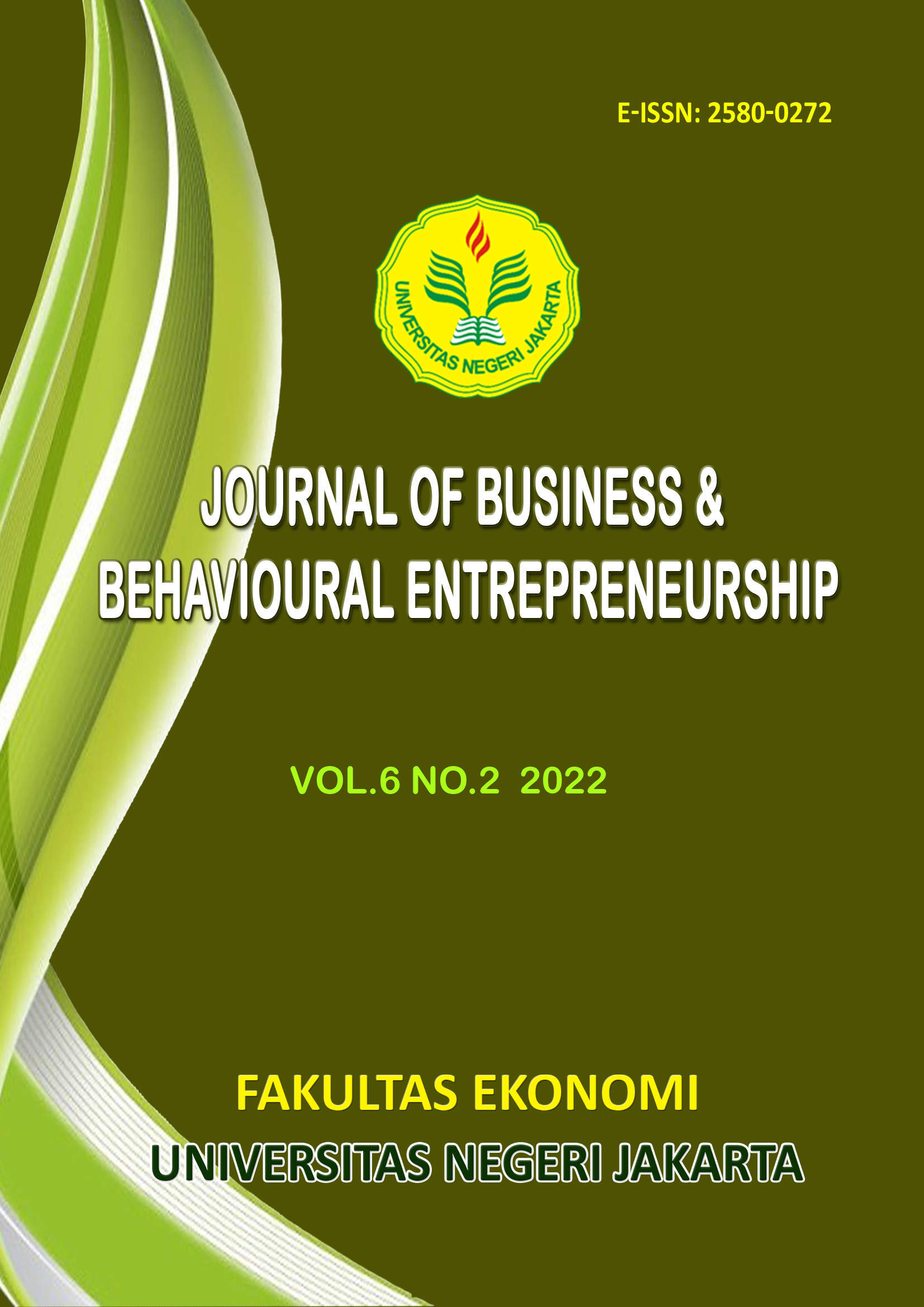Training and Career Development: Why and When related to Job Satisfaction and its impact on Employee Performance
DOI:
https://doi.org/10.21009/JOBBE.006.2.06Keywords:
Training, Career Development, Job Satisfaction, Employee PerformanceAbstract
This study analyzes the main factors of employee performance, thereby finding a new model as a reference for Islamic banking practitioners in Indonesia. The aim of this research is to measure the effect of Training and Career Development on Job Satisfaction and its impact on Employee Performance. Quantitative research methods are used to analyze research variables consisting of Training, Career Development, Job Satisfaction and Employee Performance through questionnaires distributed to respondents who are the object of research. Research stages are carried out by distributing questionnaires through techniquespurposive sampling was carried out on the population at 7 Islamic banks in the DKI Jakarta area,To determine the object of research, then the questionnaire was distributed using the Google form. The collected questionnaires were then tabulated and processed with Amos 25.0 Structural Equation Modeling (SEM). Which resulted in training, career development and training having an influence on Job Satisfaction, although training turned out to have no significant effect on job satisfaction and also had an impact on Employee Performance.
The results of this study serve as a reference for the directors of Islamic banking in improving employee and banking performance, so that they pay attention to career development and training factors without neglecting job satisfaction factors.
Keywords:Training, Career Development, Job Satisfaction, Employee Performance









